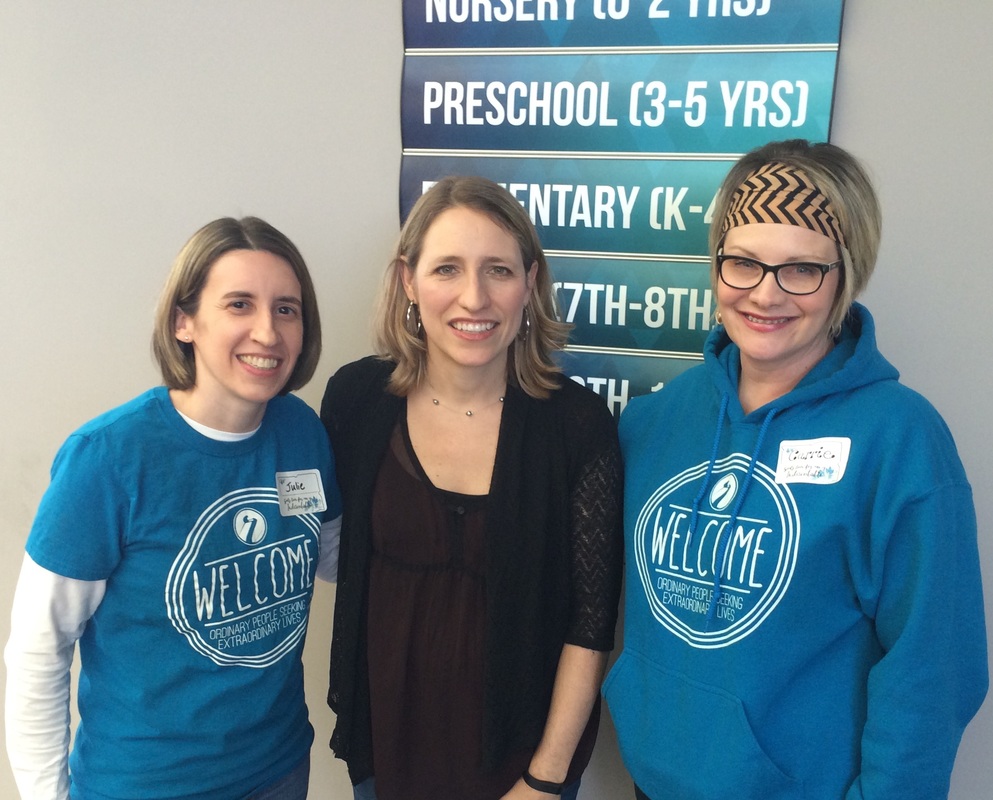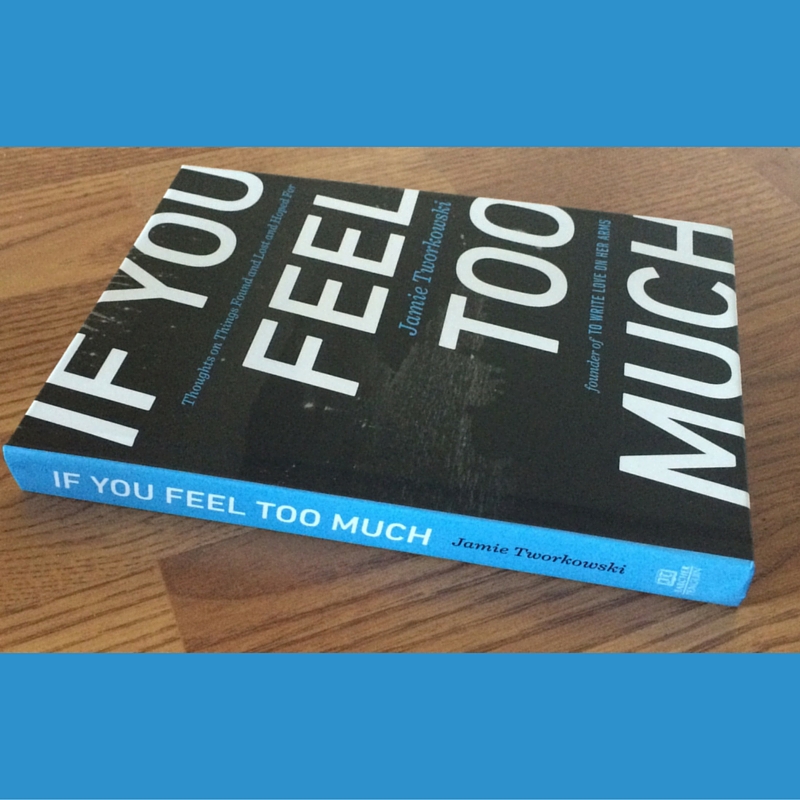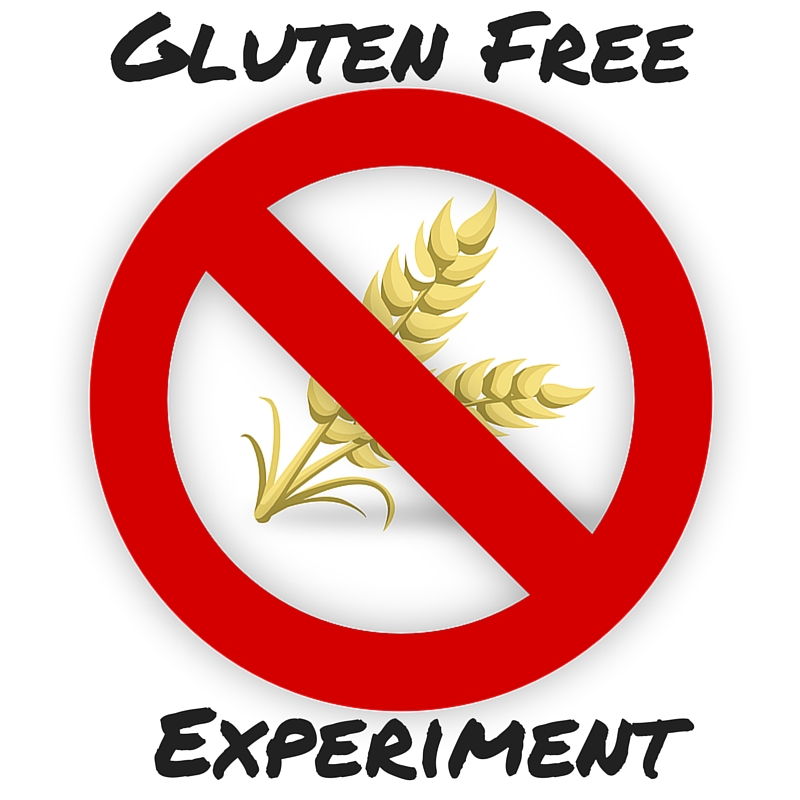|
Me, Laura Story, and my friend/co-worker, Carrie! On February 27th, 2016 we had our annual Women’s Conference at my church. This year, the theme was “Indescribable,” and our guest speaker was Laura Story. We had around 600 women in attendance. ”Indescribable” was truly a fitting word for this event! I think what I loved most about Laura is that she is so relatable and down-to-earth (I also think it’s cool that her last name is Story). She told us everyday stories of her being a mom and wife, how much she loves eating scones, and she stayed long after the conference to individually meet, sign autographs, and take pictures with anyone who wanted to meet her. She even took the time to pray with several people during the meet and greet. To me, this showed that Laura is truly passionate about the calling God has on her life. Besides being so relatable, I loved that Laura Story was very clear that her story is not how she planned it to be - that God doesn’t always give us stories wrapped in “pretty white bows," but that He is still a good and loving Father. Soon after she got married, her husband was diagnosed with a brain tumor, and her family’s whole life changed. God has not yet chosen to completely heal her husband, and Laura openly shared the struggles of day-to-day living with someone who has a disability. However, Laura Story shared these truths with us: “We can choose blessing over bitterness.” “Everything that happens in our life is filtered through the hands of a loving God.” “Everyday I can choose to evaluate my God based on my circumstances, or I can evaluate my circumstances based on what I know about my God.” Hearing these truths was so encouraging. Besides being a gift speaker, Laura is a Grammy award winning singer and songwriter. She played two songs for us: “Blessings” and “I Can Just Be Me.” I love that the song “Blessings” was written in response to her husband’s brain tumor diagnosis. God used an incredibly difficult time to give Laura words that would bring hope and encouragement to people all around the world (and win her a Grammy!). It was truly an amazing day!
1 Comment
Have you ever read a book that resonates with you long after you’ve read it? Have you ever read a book that has encouraged and inspired you so much that you feel led to buy it for others? For me, that book is: If You Feel Too Much, by Jamie Tworkowski. Jamie is the founder of To Write Love on Her Arms (TWLOHA), which is a non-profit organization that is "dedicated to presenting hope and finding help for people struggling with depression, addiction, self-injury, and suicide." I first heard of To Write Love on Her Arms by going to concerts. I saw several musicians wear TWLOHA t-shirts. I remember Googling this strange phrase that I saw on a t-shirt, and I began to learn and read about this amazing organization. It all started with Jamie writing a story to help a friend, and now lives around the world are being changed. While looking at the TWLOHA website, I was quickly drawn to their blogs. All of the writers courageously shared their personal stories with such honesty. Over the past several years, the blogs on TWLOHA have been so encouraging to me on my journey, so when I learned that a book was being published by the founder of TWLOHA, I was excited! If You Feel Too Much is a 10-year collection of personal essays by Jamie Tworkowski. Each essay is short, but full of inspiration. In the midst of pain, struggles, and loss, Jamie speaks words of truth. He reminds us that our lives have purpose and that hope and healing can be found in community. “We were meant to be known, to be loved, to be in honest relationships where we can be carried and where we can help carry.” Jamie Tworkowski, If You Feel Too Much (p. 91) He reminds us about the power of speaking up and sharing our stories…the power of responding to someone’s confession by saying, “Me too”….the power of not judging others, but showing them unconditional love and compassion. As I finished the last page of this book, I was inspired. I began to look at people differently. I began to see each person as a story – a unique story that was written for a reason. Stop and get to know the stories around you. Share yours. It could end up changing someone’s life. This past summer I took a risk. I did something I had thought about for years, but kept putting off. It was something that made me uncomfortable just thinking about it. No, I didn’t go skydiving or bungee jumping. Instead, I saw a professional counselor. (And obviously I survived!) Why was this so hard for me?
So, what made me finally take the risk and see a counselor? The desire to follow God’s calling on my life became greater than my fears. This isn’t something that happened overnight, but over several years. Deep down, I knew that the things I didn’t want to talk about were the exact things I needed to talk about. I knew that God wanted to use all of my story to reveal His glory…not just part of it. But first, I needed to get some help. I spent several months in counseling, and while it was one of the hardest things I’ve done, it was also one of the best things I’ve done. My emotions were validated, I received Godly wisdom/advice, and I gained a sense of empowerment. I learned that sometimes the hurts in our life are too big to handle on our own, and that’s ok. That's why God has placed others around us. It’s hard for them to support us, though, unless they know there is a need. If you’ve had a positive experience seeing a counselor, I would encourage you to share that with someone. The more people talk about reaching out for help, the more likely others will too. With one confession at a time, the lie will be replaced by the truth: Reaching out for help isn’t a sign of weakness - it’s one of the bravest things you can do. Taking a risk isn’t easy, but if it allows you to experience the life God desires for you, it will always be worth it. * To read Part I of my gluten-free journey, click here. After hours researching online, the great gluten-free experiment began with me clearing out my pantry. I remember filling up a few trash bags with food. Checking the ingredient labels, I kept thinking, “If it says wheat, don’t eat!” I had no idea wheat was in so many foods. Even my “healthy” cans of soup all had wheat! By the time I was done, I was left staring at an empty pantry, feeling depressed that all the foods I loved were not an option, and wondering what I was going to eat for the next 2 weeks of my experiment. After the shock of an empty pantry wore off, I headed to the grocery store with a list in hand of “approved" foods. That first trip to the grocery store buying only gluten-free foods took about 2 hours. I had never read so many nutritional labels before in my life. Pushing my cart through the bakery section and smelling all that wonderful bread seemed like torture. Everything I wanted was off-limits, and instead I was putting things like quinoa into my cart (I didn't even know what quinoa was before that). I bought about half of what I would normally buy, but my total was twice as much what I would normally spend. This was going to be an expensive experiment. However, after feeling miserable for about 2 years, I was desperate to try anything. For some people who have a gluten-sensitivity, their symptoms may lesson/disappear weeks after going gluten-free. Some people notice changes in a few days. I was one of the lucky ones. After 2 days of being gluten-free I felt like a completely different person. My headaches were gone, the joints in my hands and wrists didn’t ache, I had more energy, my body felt lighter, and for the first time in years I didn’t feel uncomfortable after eating. After 2 weeks of going gluten-free it was time to reintroduce gluten and see what happened. I remember getting an Asiago Cheese bagel (my favorite) from Panera. About 30 minutes after eating it, I could feel the stiffness coming back into my finger joints and I got a headache. I felt so tired and took a nap that afternoon. I felt a mix of sadness (goodbye gluten) and relief (I finally had answers). I figured since I already had gluten that day I might as well go ahead and eat my “last supper” (containing gluten). I chose a breaded chicken sandwich from Chick-Fil-A. That was the last time I purposely ate something with gluten in it. Soon after my gluten-free experiment, I returned to my general doctor. He did new bloodwork and was very impressed with all of the results. He said based on that and the fact that all of my symptoms had disappeared (headaches, fatigue, joint pain, GI discomfort), he would recommend me continuing a gluten-free diet. For me, it was about a 2 year process to discover I had a gluten-sensitivity. I don’t know if antibiotics can trigger a gluten-sensitivity, or if it just magnified an issue that was already in my body, but I do know that my health drastically changed after taking a certain antibiotic back in 2011. I’ve been gluten-free for about 3 years now. Since I gave up gluten, I have not had any major illnesses. In fact, the only reason I’ve seen my doctor is for annual checkups. I now know what I can eat and what I should avoid. Trips to the grocery store no longer take 2 hours, and gluten-free options are more widely available at stores and restaurants. Have I missed certain foods? Of course. But I don’t miss how those foods make me feel after eating them. Thinking about that causes the temptation to fade. Have I accidentally eaten foods with gluten? Of course. And when I do, my body lets me know…the headaches, tiredness, sinus congestion, and joint pain in my hands and wrists return. Sometimes those symptoms will last for several days after ingesting gluten…sometimes weeks. This is why I don’t “cheat” and just eat a little gluten. A few bites of food is not worth feeling miserable for days/weeks. For me, going gluten-free has never been about dieting or losing weight, but enabling my body to function at its best. I gave up gluten, but in the process I gained back my health. P.S. If you think you may have Celiac Disease or a gluten-sensitivity, please consult a doctor BEFORE trying a gluten-free diet. Otherwise your test results will not be accurate. Click here for more information. About 3 years ago I ended my long term relationship with gluten. It was a painful breakup. For thirty years, I consumed foods with gluten at every meal. I loved going to Italian restaurants and eating bread and pasta. What caused me to give up the foods I loved the most? My gluten-free journey began back in April 2011… I had just finished an antibiotic for a sinus infection. Each year it was common for me to have several sinus infections. I had taken antibiotics before and never had any issues. However, this time was very different, as I had an adverse reaction after my last dose of the antibiotic. I remember waking up with severe pain in both hands and wrists, along with itchy red spots on different joints on my body. It was difficult to bend my fingers or hold anything. For months I had daily pain/stiffness in my fingers, wrists, and ankles. Joints in my fingers and wrists would randomly start swelling. On top of that, I had daily headaches, was constantly tired, and felt uncomfortable after eating. After several tests for autoimmune disorders came back negative, my regular doctor referred me to a rheumatologist. I tested negative for rheumatoid arthritis, but other tests revealed I had some vitamin deficiencies. The rheumatologist mentioned that my diet could be causing my symptoms and suggested I get tested for Celiac Disease. She then referred me to a GI doctor. I had an endoscopy (that was a fun experience ;) and when that came back normal, the GI doctor said he did not think gluten was the issue. All along, though, I had a feeling that gluten may be the problem, as I noticed I got headaches and felt tired soon after eating meals. Looking back, I realize how important it is to trust your instincts...you know your body best. My GI doctor ordered a different test, and in the process, one of his nurses actually suggested I try a gluten-free diet for at least 2 weeks. One of my friends, who is a nurse, also recommended this, as she said I could have non-celiac gluten sensitivity. This means your body reacts negatively to gluten, but there is no damage to your small intestine, and it does not show up in any bloodwork. The only way to prove you have a gluten sensitivity is to eliminate gluten from your diet for several weeks, see if your symptoms lesson/disappear, and then reintroduce gluten and see if your symptoms reappear. Several of my friends shared with me how their health had improved since going gluten-free, and by this point I was willing to try anything to feel better. I went home and started researching online what I could eat and what I would have to give up for at least 2 weeks. The great gluten-free experiment was about to begin! Click here to find out what happened next! P.S. If you think you may have Celiac Disease or a gluten sensitivity, please consult a doctor BEFORE trying a gluten-free diet. Otherwise your test results will not be accurate. Click here for more information. |
About Julie
I'm an ordinary introvert who loves an extraordinary God. Categories
All
Archives
July 2021
|





 RSS Feed
RSS Feed